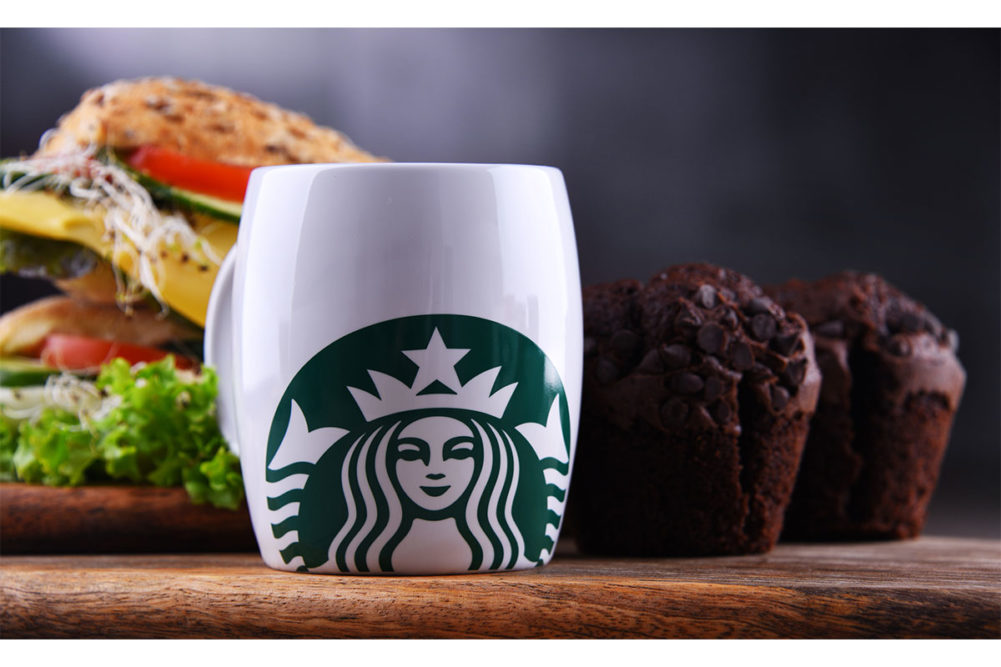NEW YORK — Growing Starbucks’ food business has long been a goal for many of the company’s past chief executive officers. But as the company’s business has diversified through the surge in drive-thru, mobile and delivery sales, growing the food business has become a priority for new CEO Laxman Narasimhan.
Speaking Dec. 5 at the Morgan Stanley Global Consumer & Retail Conference, Narasimhan identified some of the challenges and opportunities he faces to grow the company’s $6 billion food segment.
“If you look at the US business, what you now have is a business that through COVID has evolved enormously,” Narasimhan said. “I mean it’s got a digital footprint that is much larger than it was. There’s a delivery business that didn’t exist.
“And I think we’re just tapping the surface of it. If you just look at the different occasions when our stores aren’t open and the demand that we have, and we know this through things that we’ve looked at and pilots that we run, there is, in fact, further potential, which we haven’t fully tapped into.”
Food application opportunities for Starbucks include all-day breakfast and snacking, particularly in the afternoon.
“I think there’s a real play in the afternoon that we haven’t fully tapped into yet, and that’s going to require innovation,” Narasimhan said. “It’s going to require digital, it’s going to require customization, it’s going to require attack, and we have the capacity and the ability to do it. It’s an area for us that will be a big growth opportunity for us going forward.”
Speaking Nov. 2 at Starbucks’ “reinvention update,” Brady Brewer, vice president and chief marketing officer, added, “snacking, it turns out, is one of the fastest-growing macro consumer trends in the US, reaching now a $110 billion market segment. We know our customers are looking for snacks and particularly wholesome and premium snacks. So, in addition to new grab-and-go food products, we’ll also offer a widening snack selection.”
Helping the company achieve its food goals, Narasimhan said, are improved warming ovens and implementation of Starbucks’ Siren System. Siren is intended to simplify tasks in both the company’s beverage and food platforms. With the system, the time it takes to make a mocha Frappuccino is reduced to 35 seconds from 83 seconds, according to the company, and the time to warm a breakfast sandwich or egg bite also is reduced. A key to speeding the food warming process is the food is warmed and served in the same packaging.
But despite the emphasis on food, Narasimhan also emphasized that beverages are the heart of Starbucks’ strategy.
“It (food) will always be an attach business for us,” he said. “We’re always beverage first.”



